Location: Medellín, Colombia
Location: Medellín, Colombia
They say Medellín smells like spring, sounds like salsa, and runs on jet-black coffee. But behind that sunshine, there's something darker in the dirt. This is a place that’s known war, revolution, and shadow ops—where cartel empires rose, governments fell,and narco dollars-built skylines. Now? Medellín’s exporting a different kind of power—high-altitude Arabica coffee grown in the same hills where blood once soaked the ground.
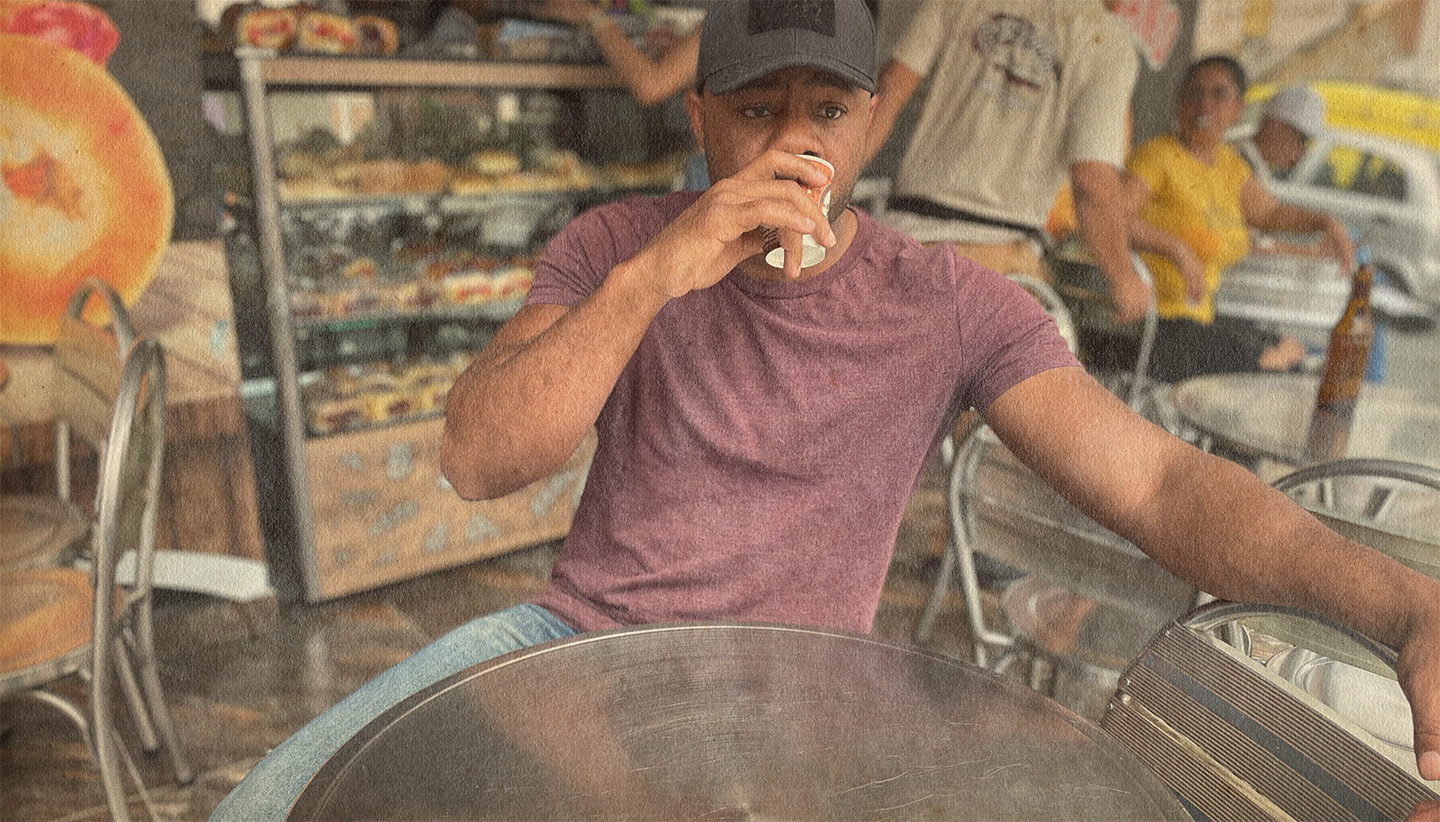
BEHIND THE BEANS: A LAND BUILT ON CONFLICT
Medellín was once the undisputed capital of the cocaine trade. At its height in the 1980s, Pablo Escobar’s Medellín Cartel made $420 million a week, with smuggling routes running through the jungle, the barrios, and even government corridors.
The CIA, DEA, Colombian intelligence, and shadow networks flooded the region—conducting missions that would never make the news, with targets that were never named. Medellín became a chessboard for cartels, politicians, and American clandestine forces.
Even after Escobar’s fall in 1993, violence continued through FARC rebels, paramilitaries, and rogue ex-sicarios, turning much of Antioquia’s rural landscape—including coffee-producing zones—into kill zones.
And yet, somehow, the farmers stayed. They planted. They fought. And the coffee kept growing.
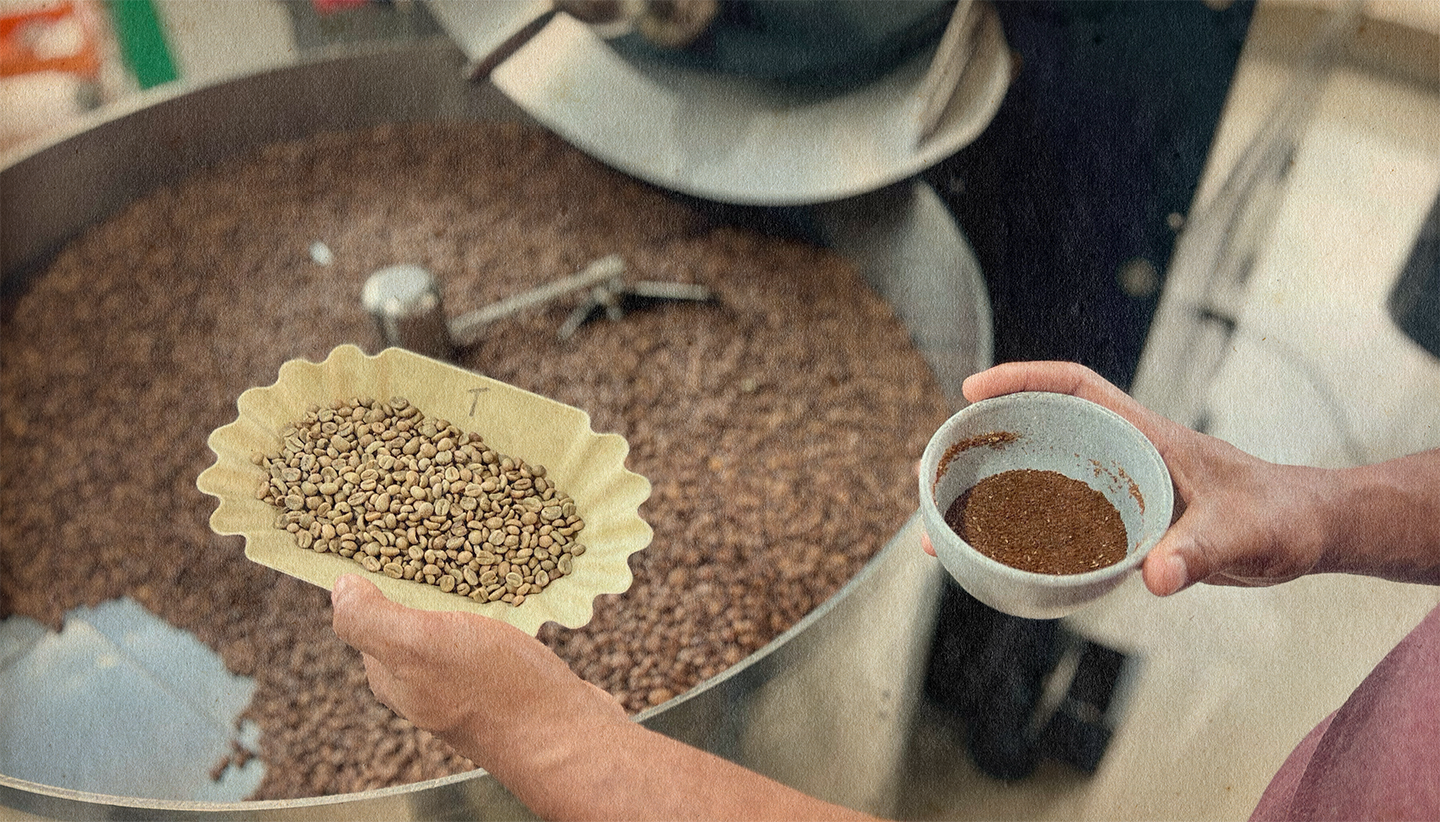
FIELD NOTES
Country: Colombia
City: Medellín, Antioquia
Known For: Cartels, assassinations, transformation, innovation
Past Ops Zones: Comuna 13, Envigado, Itagüí, Santa Elena
Threat Zones: Narco-ruled rural zones still exist in Antioquia and Chocó
Past CIA Presence: Covert anti-cartel missions, Operation Centra Spike, aerial surveillance ops
Economic Shift: Narco to innovation & coffee trade
Risk Rating (then): 9/10
Risk Rating (now): 5/10 — still high in outlying fincas

BLACK MARKET TO BLACK COFFEE
Medellín’s drug war left behind something unexpected: a skilled logistics network, hardened work ethic, and an understanding of risk and reward.
Many of the farms we partner with once trafficked coca. Now they cultivate peace—through coffee. And make no mistake: growing coffee in these hills still requires a warrior’s mindset.
Cartel remnants still tax some growers.
Roads are dangerous.
Coffee beans are still smuggled out with contraband routes.
And every harvest has to be protected.
This isn’t Whole Foods fair trade.
This is dark trade, black ops, and the best damn cup you’ve ever tasted.
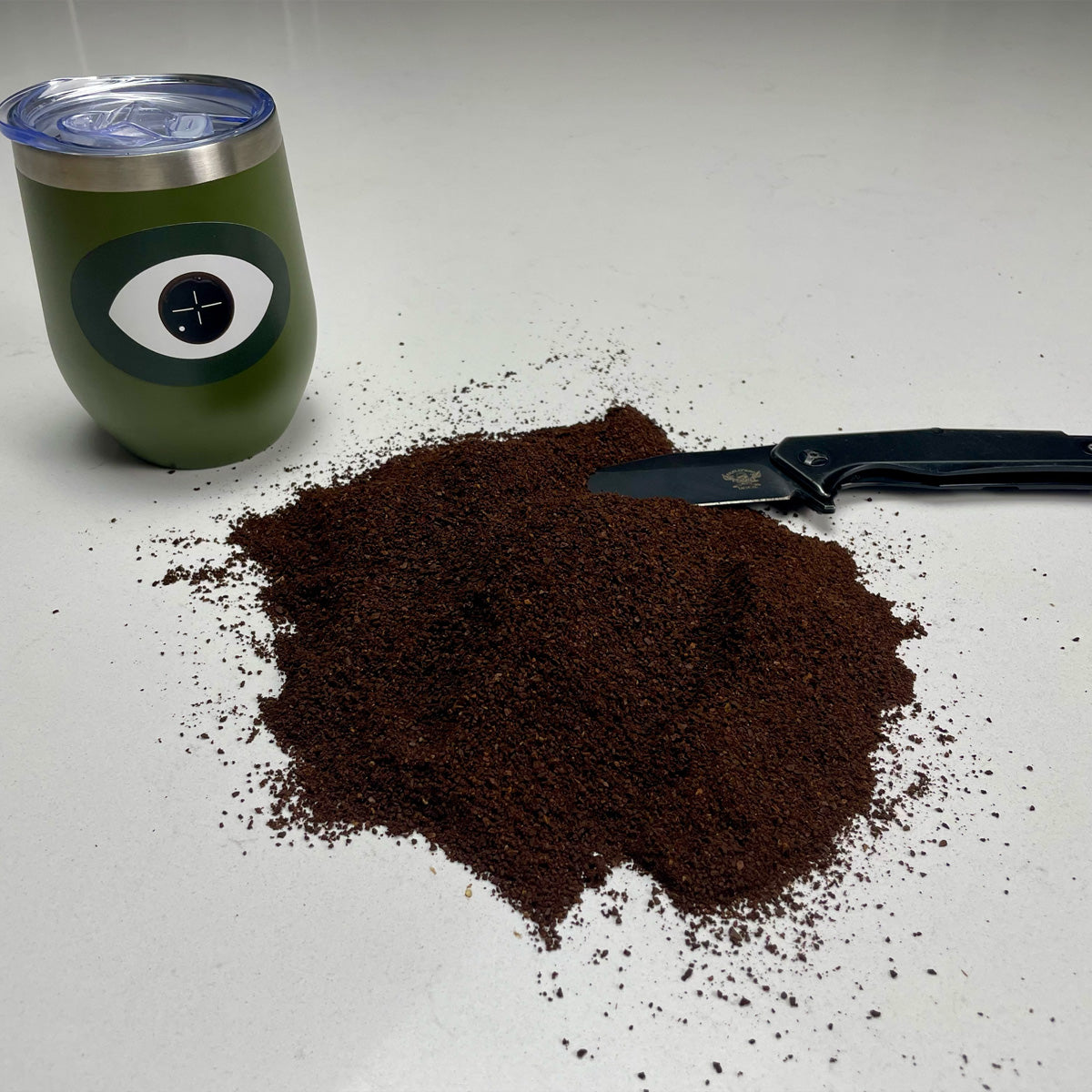
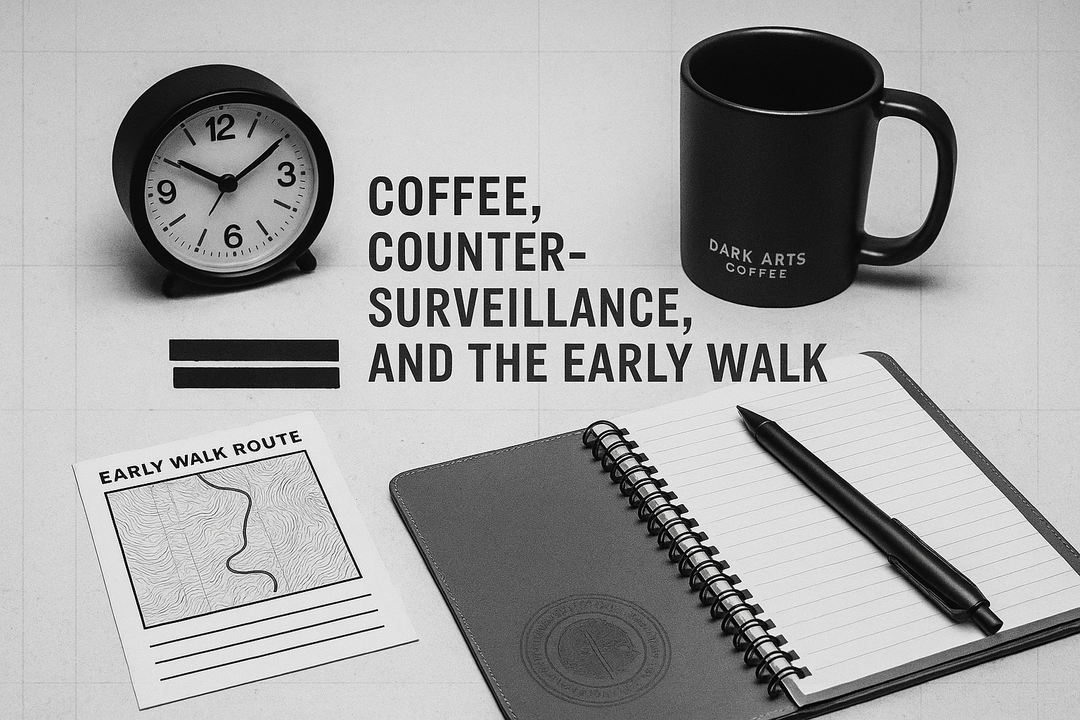
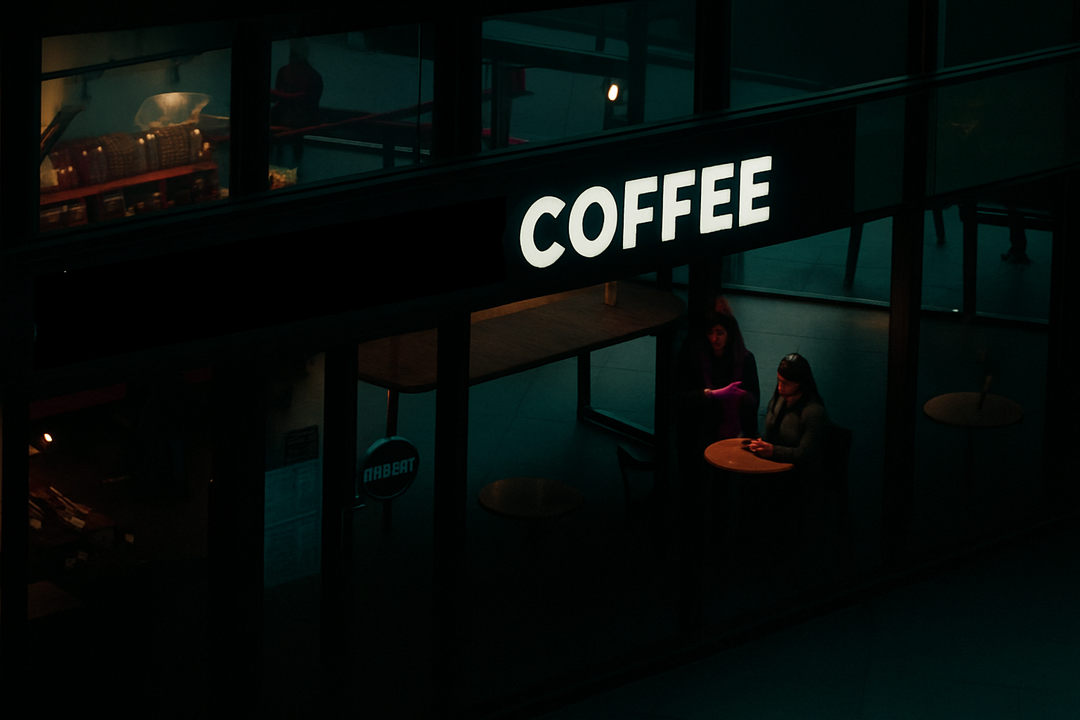
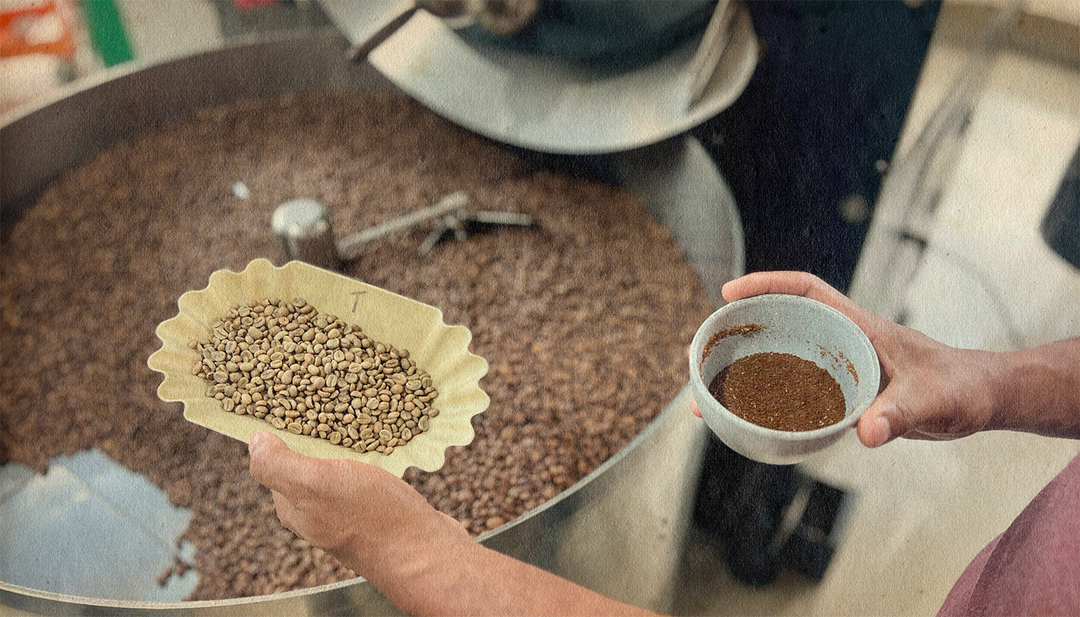
Leave a comment